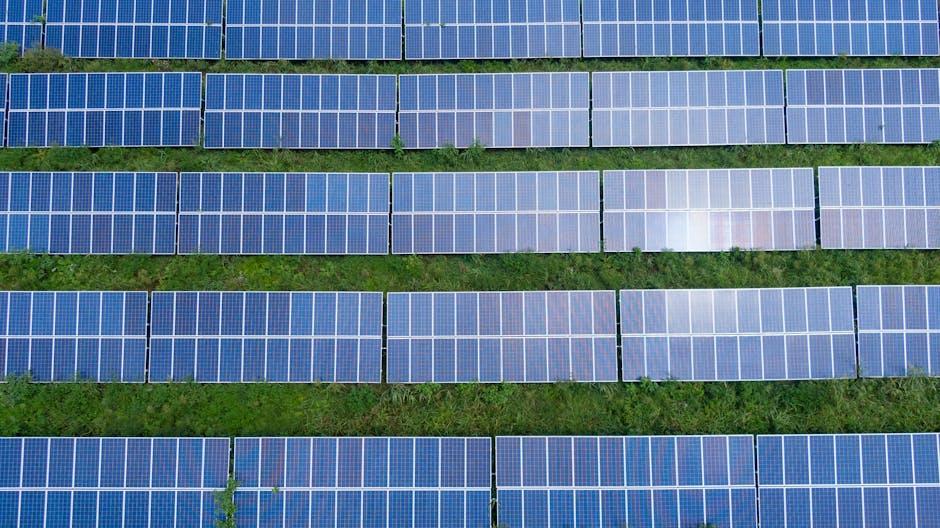How does solar panel efficiency impact the overall benefits of solar energy?
The Benefits of Going Solar: Installing Solar Panels for Clean Energy
Introduction
As concerns about climate change and energy sustainability continue to grow, more homeowners and businesses are turning to renewable energy sources. One of the most popular and effective options is solar energy. In this article, we’ll explore the various benefits of installing solar panels, provide practical tips, and share some insightful case studies and first-hand experiences. Whether you’re a homeowner looking to reduce your electricity bills or a business aiming to enhance your green credentials, going solar is a smart and eco-friendly choice.
Why Choose Solar Energy?
Solar energy is a renewable and abundant source of power. Here are some compelling reasons to consider making the switch:
- Cost Savings: Once installed, solar panels can significantly reduce or even eliminate your electricity bills.
- Environmental Impact: Solar energy reduces your carbon footprint, contributing to a cleaner environment.
- Energy Independence: Producing your own electricity means you are less reliant on traditional power sources and less susceptible to energy price fluctuations.
- Increased Property Value: Homes with solar panels are attractive to eco-conscious buyers and often sell at a premium.
Benefits of Installing Solar Panels
| Benefit | Description |
|---|---|
| Cost Savings | Save on electricity bills and increase savings over time. |
| Environmental Impact | Reduce greenhouse gas emissions and dependence on fossil fuels. |
| Energy Independence | Avoid fluctuating energy costs and potential disruptions. |
| Increased Property Value | Boost your home’s market value with renewable energy features. |
Practical Tips for Installing Solar Panels
Considering making the switch? Here are some practical tips to help you get started:
- Assess Your Energy Needs: Calculate your current energy usage to determine the size and number of panels you need.
- Choose the Right Installer: Research and select a reputable installer with experience in solar panel installations.
- Check Incentives and Rebates: Look into available government incentives, rebates, and tax credits that can reduce your upfront costs.
- Consider Financing Options: Explore different financing options such as solar loans, leases, and power purchase agreements (PPAs).
- Maintenance: Although solar panels require minimal maintenance, periodically cleaning and inspecting them can ensure optimal performance.
Case Studies: Real-Life Examples
Case Study 1: Homeowner Success Story
John and Mary, a couple from California, decided to install solar panels in their home. Within the first year, they saw a 50% reduction in their electricity bills. They also received federal tax credits, making the initial investment more affordable. After five years, they not only recouped their investment but also enjoyed additional savings.
Case Study 2: A Small Business Transformation
A small retail business in Texas installed solar panels to power their operations. The owner reported a 40% reduction in utility expenses and used the savings to expand their product line. The business also promoted their green energy usage, attracting environmentally-conscious customers.
First-Hand Experience: A Testimonial
“Installing solar panels was one of the best decisions I’ve made for my home and the environment. Not only have I seen substantial savings on my electricity bills, but I also feel good knowing that I’m contributing to a cleaner planet.” – Sarah W.
Conclusion
Transitioning to solar energy offers numerous benefits, from substantial cost savings to positive environmental impacts. Installing solar panels is a wise investment for both homeowners and businesses. By following the practical tips provided and learning from real-life examples, you can make an informed decision about going solar. As global energy needs continue to grow, embracing renewable sources like solar power is a crucial step towards a sustainable future.
